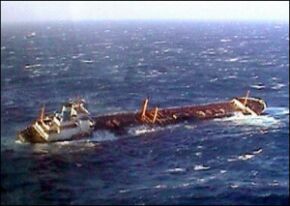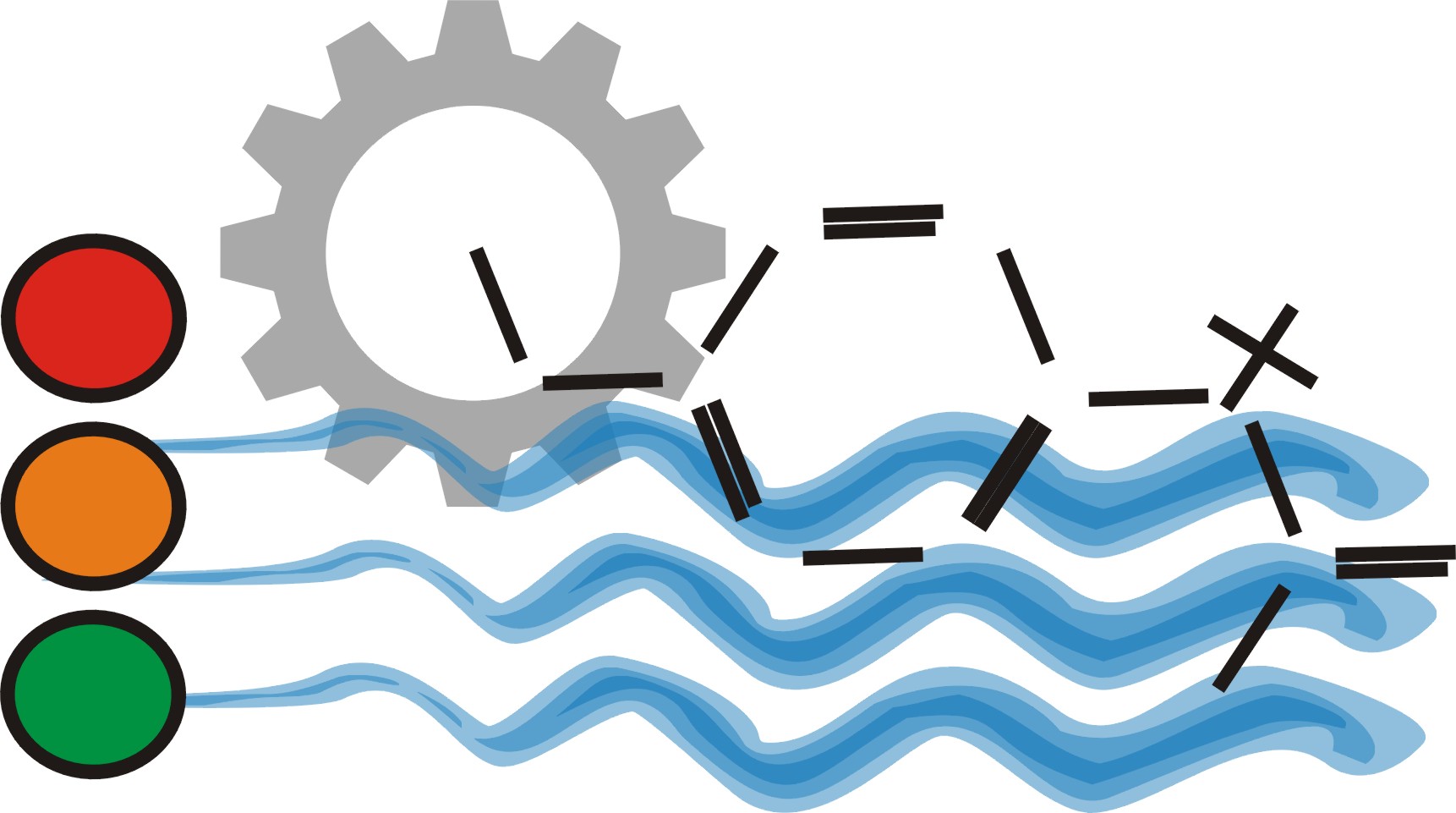 DIMAS (05/2004-05/2006) is a project funded by the Belgian Federal Science Policy, in the framework of the program 'Global Change, Ecosystems and Biodiversity SPSD 2
(PODO II) and aims at the protection of the North Sea and Western Scheldt in case of accidental spills. Several shipping accidents in Belgian
territorial waters made the various government agencies involved aware of the need to develop tools to assess the associated risks and impact on marine resources in the case of an accidental release of hazardous substances. The
choice of effective measures to abate the pollution will depend to a large extent on the direct availability of reliable and up-to-date information on the fate, hazards and risk management procedures to be taken for the spilled
product (long-term effects and bioaccumulation included).
DIMAS (05/2004-05/2006) is a project funded by the Belgian Federal Science Policy, in the framework of the program 'Global Change, Ecosystems and Biodiversity SPSD 2
(PODO II) and aims at the protection of the North Sea and Western Scheldt in case of accidental spills. Several shipping accidents in Belgian
territorial waters made the various government agencies involved aware of the need to develop tools to assess the associated risks and impact on marine resources in the case of an accidental release of hazardous substances. The
choice of effective measures to abate the pollution will depend to a large extent on the direct availability of reliable and up-to-date information on the fate, hazards and risk management procedures to be taken for the spilled
product (long-term effects and bioaccumulation included).
The aim of this project is to develop a user-friendly and easily accessible database with information for the experts involved as well as for non-experts.
Three partners are involved in the project:
The North Sea is one of the most productive ecosystems in the marine environment, but significant input of toxicants from very diverse sources occurs, which may harm this ecosystem. Up till now little attention has been paid to sea-based
sources of pollution (e.g. accidental spills or leakage from platforms). Although most of the public interest has gone to oil spills and the quantity of chemicals transported is substantially less than oil, the potential harm for the marine
environment from a given amount of chemicals spilled can be several orders of magnitude greater. Many of the chemicals transported by sea are highly toxic and/or persistent, can bioaccumulate or cause long-term effects. In case of an accident
at sea, it is important that accurate information on environmental partitioning, bioavailability, (eco)toxicity… is immediately available. A number of databases on physical and chemical properties of chemicals have already been developed, but
little attention has been paid to specific issues such as the impact on marine live, environmental fate, bioaccumulation in marine food chains. Most often the interpretation is left to the expert user of the database.


 Ndlnds
NdlndsDIMAS (05/2004-05/2006) is a project funded by the Belgian Federal Science Policy, in the framework of the program 'Global Change, Ecosystems and Biodiversity SPSD 2 (PODO II) and aims at the protection of the North Sea and Western Scheldt in case of accidental spills. Several shipping accidents in Belgian territorial waters made the various government agencies involved aware of the need to develop tools to assess the associated risks and impact on marine resources in the case of an accidental release of hazardous substances. The choice of effective measures to abate the pollution will depend to a large extent on the direct availability of reliable and up-to-date information on the fate, hazards and risk management procedures to be taken for the spilled product (long-term effects and bioaccumulation included).